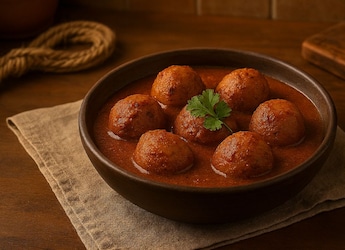Amidst several discussions about our heart and kidney, we tend to miss talking about an important organ in our body - liver. It isthe second largest organ in a human body, which plays an important role in carrying out various important functions. Most of us are aware of the fact that liver is responsible for filtering the blood coming from the digestive tract, before passing it to the rest of the body. This helps in detoxifying chemicals and metabolises drugs; and while doing so, it secretes bile juice.It constantly helps in fighting various infections, controlling cholesterol and regulating blood sugar.
Liver ispartially made up of fat. If the fat content in this organ becomes too high, then the person may suffer from fatty liver, which if not taken care of, can lead to liver cirrhosis.Fatty liver is of two types: alcoholic fatty liver disease and non-alcoholic fatty liver disease. It tends to damage the liver.Other than avoiding alcohol and smokes, what one should remember is consumption of healthy food to keep the organ healthy.
Here's A Guide To What To Eat And Avoid For Healthy Liver:
To Consume:
Oatmeal: Research has shown that oatmeal contains lots of fibre, which helps in shedding belly fat. This is an excellent way to keep several liver diseases at bay.
Broccoli: Broccoli is found to be helpful in protecting us from non-alcoholic fatty liver disease. This vegetable, overall, can be an essential part of healthy diet.
Tea: Research has also found that drinking two to three cups a day can protect liver from damage caused by too much alcohol or an unhealthy diet.
To Avoid:
Junk and fatty foods: Junk food is high in saturated fat. Eating too much of junk food can eventually lead to liver inflammation.
Sugar and sugary products: Sugary products can easily cause liver damage. Sugar gets converted into fat and can likely cause fatty liver disease.
Hence keeping a check on our liver condition is very important for a healthy life! Consult your doctor for an ideal diet for liver.
Disclaimer: This content including advice provides generic information only. It is in no way a substitute for qualified medical opinion. Always consult a specialist or your own doctor for more information. NDTV does not claim responsibility for this information.
